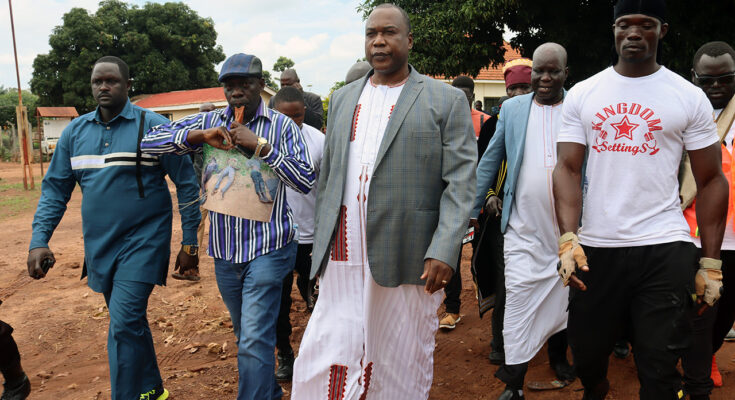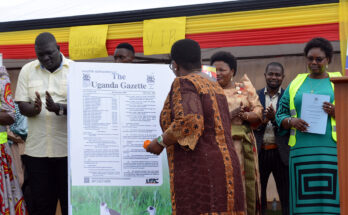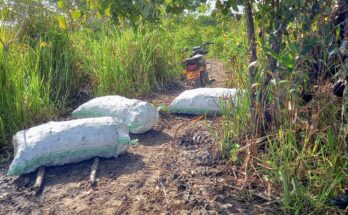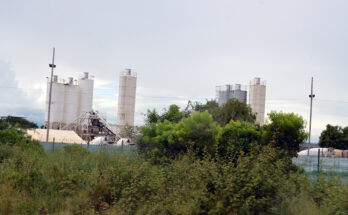Acholi Cultural Institution has identified land conflict and high bride prices as some of the causes of Gender-Based Violence, GBV, in the Acholi Sub-region.
GBV is any verbal or physical act that results in bodily, psychological, sexual, and economic harm to somebody because of their gender.
Culturally, Acholi considers men the sole owners and custodians of land. However, the swelling population and demand for land, coupled with its increasing value, are prompting women to demand their share of land.
Geoffrey Okello Okuna, the Prime Minister of Acholi Cultural Institution, explained that because land has become lucrative as a factor of production, it has increased the desire to sell land, and its demand by the girl child and widows, hence, making them victims of GBV.
“If a widow or the girl-child wants a share of the land as a child or widow of the home, they [men] begin to torture her psychologically, economically even emotionally, and that is what is bringing a lot of issues,” Okuna said.
Okuna added that because of economic hardship, parents are meddling in the relationship of their daughters and always want them to marry from a well-to-do family, even against the girl’s will.
In 2018, the cultural institution started showing concerns about high bride prices, and in 2022, the institution set up 5 million shillings as the maximum amount parents could set as bride price, excluding other valuables such as cattle and goats.
According to the chiefs, some parents were demanding bride prices as high as 50 million shillings, which they said not only strained relations between the couples but also left them economically constrained.
Okuna explained that much as it is a source of pride for every family to receive the bride price, some families are turning it into a business venture, which makes them look at their wives as their property.
“If he struggles to pay that [bride price], he will look at her as a commodity he has already bought and silence her whenever she asks for something. That one causes a lot of problems,” Okuna said.
Bishop Loum, a health worker at GRRH, revealed that at least 493 cases of Gender-Based Violence, GBV, were reported at Gulu Regional Referral Hospital, GRRH, between October 2022 and September 2023.
Out of these cases, 108 were survivors of sexual violence eligible for Post post-exposure prophylaxis.
Loum said the hospital has established GBV prevention and response service points in all the departments at the facility to educate the survivors, the majority of whom are ignorant of what constitutes GBV.
“We also provide health education such that our community within who come for service provision get aware of GBV cases because over 97 percent are cases [of GBV], but they are not aware,” Loum said.
On December 6th, 2023, the Ministry of Health, with support from the United States Agency for International Development, USAID, launched a social behaviour change campaign dubbed “Let’s Change Our Stories,” to raise awareness of GBV and a call for support if one is experiencing it.
The campaign, which involves the use of banners, radio spots messages, videos, and other media on the different forms of GBV highlights how GBV affects individuals, families, and communities and encourages timely reporting and response.
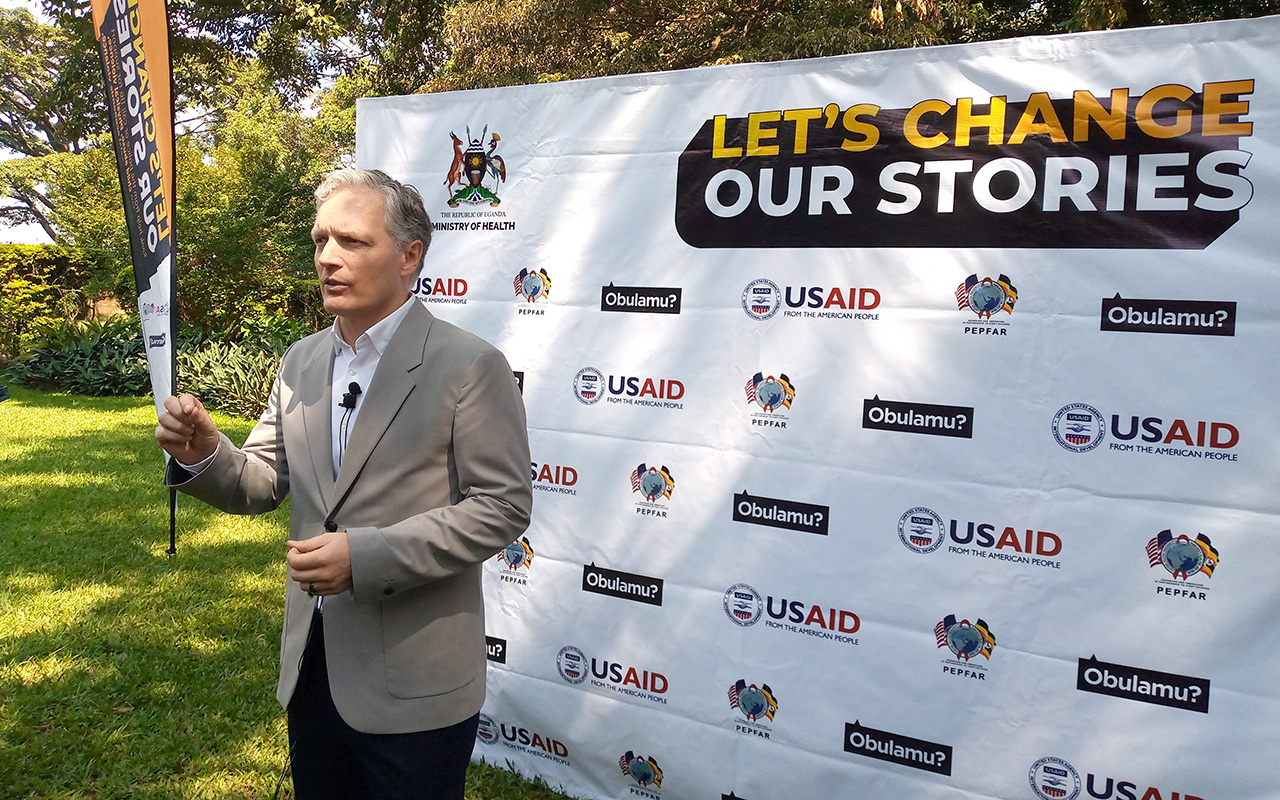
Richard Nelson, the Mission Director for USAID, said the “Let’s Change Our Story” campaign is the latest health-focused campaign that USAID is running through social behaviour change activities, the first campaign designed to fight GBV and tackle its triggers individually.
“If we try to deal with GBV as it happens, it is too late. We need to start dealing with it before it happens,” Nelson said.
Nelson noted that despite all of the discussion around GBV and the 16 Days of Activism that Uganda undertakes every year, GBV is still increasing which is why USAID has decided to channel some resources specifically to address the problem through our social behaviour change activities.
A 2023 report by the Ministry of Gender, Labor, and Social Development ranks the Acholi Sub-region as having the highest prevalence of GBV at 78 percent and sexual violence at 64 percent, followed by Bukedea at 61 percent.
According to the findings, some social norms in Acholi put women in certain vulnerable positions that predispose them to sexual and gender-based violence.

